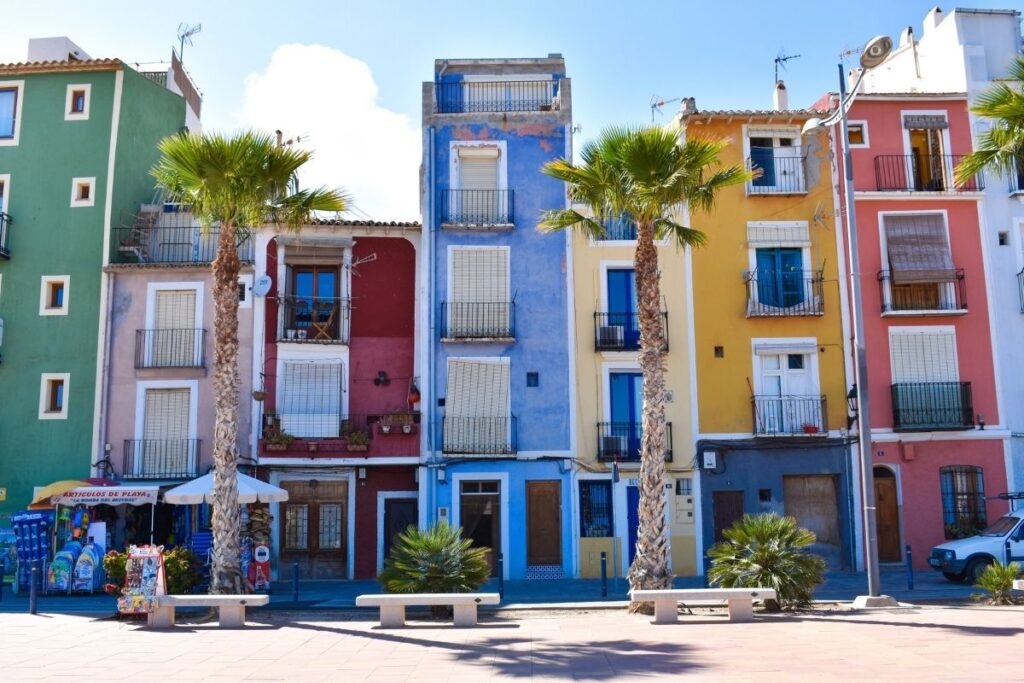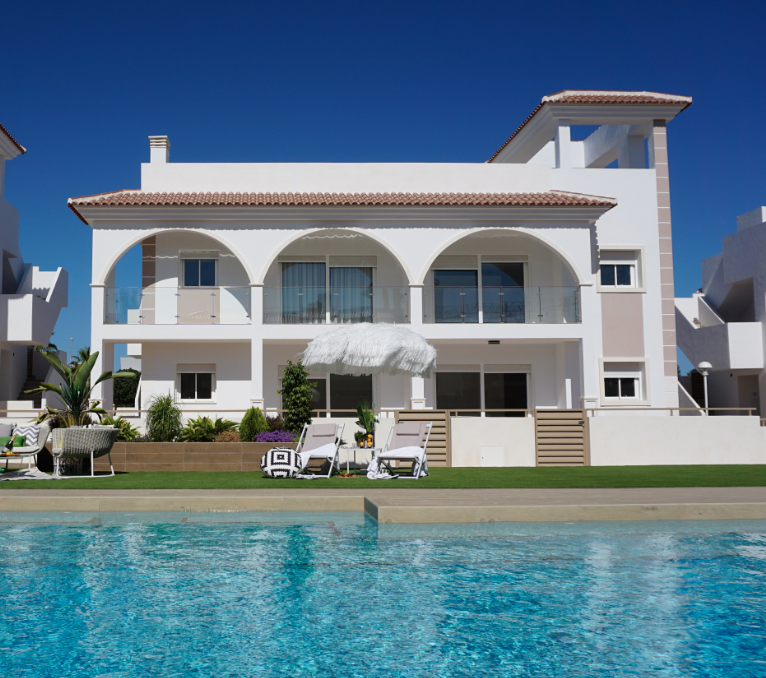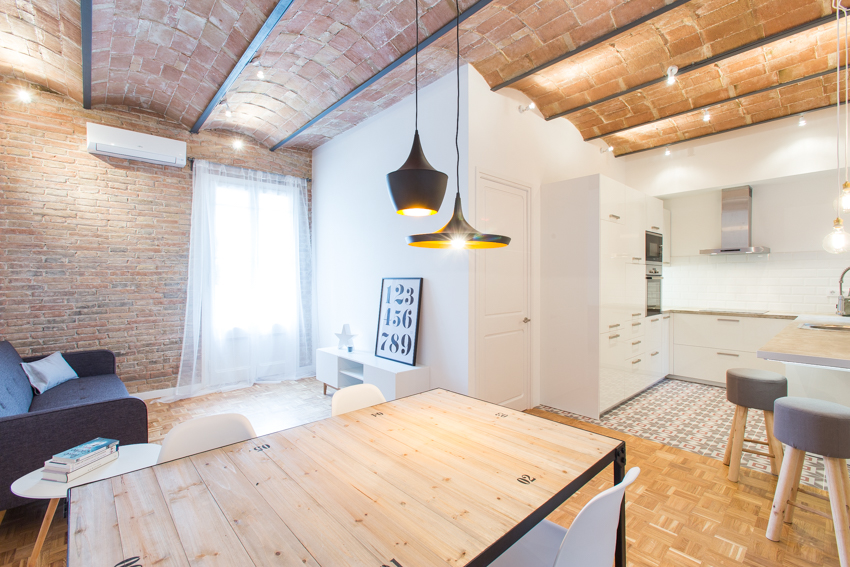
Real estate has always been a very exciting industry. It depends on and is influenced by economic, political and personal factors and traditionally moves in cyclical patterns. But then COVID-19 came; it was sudden and unprecedented. As a property expert, these types of events are interesting to analyze and it’s challenging to predict their effects. That’s what I did in April 2020 at the beginning of the pandemic and later I spoke about a price paradox and a buyer’s market. But what is going on 16 months later, with the virus still around but to a lesser extent?
There are several indicators to assume we’re heading to a real estate boom in Spain. I explain in this article the reasons why, the effects and the implications this can have for you, as a potential property buyer in Spain. Continue to read if you want to know how to get advantage of this emerging flipping point.
Since the coronavirus and COVID-19 suddenly became hot topics, it’s been interesting to see the effect it’s had on the real estate market in Spain. My initial predictions of a buyer’s market with dropped prices have materialized. But the situation now is totally different than it was three to six months ago. That is why I think we’re about to get close to a turning point in the curve. Of course, taking into account there will be no new COVID-19 outbreak and restrictions.
The reasons for a new real estate boom in Spain
All the signs are there indicating that the current buyer’s market in Spain will come to an end, spurring a real estate boom, as I call it. Not a bubble. A bubble hit Spain in 2008 and was related to a severe financial and real estate crisis. There was massive oversupply on the property market and prices dropped by 40%. There are no indications at all for this type of bubble, as demand will certainly stay. And this is why:
- Confidence has returned, as Spain faces a strong economic outlook for this and the coming years. In the beginning of this year, The Bank of Spain predicted a 6,5% growth in GDP for 2021 and even 7% for 2022. This trend was backed-up by the European Commission, which will make Spain the fastest growing European country in the coming years. That will certainly have its effect on the real estate market.
- The cost to borrow money has never been so low in Spain, with historically low interest rates. Recent mortgage deals for our customers have hovered consistently around 1% to 2.5% interest rates.
- Foreign demand for that “place under the Spanish sun” is coming back. After months and months of COVID-19 travel restrictions and lockdowns—in mostly cold northern countries—this type of buyer is returning to the market with an even stronger desire to buy a second home in Spain. That eagerness will lead to more emotionally motivated negotiations. And also, with more lockdown savings in the bank, that will have its effect on the final deal price.

Types of Buyers on the Current House Market in Spain
In the game of Spanish real estate, there will always be the traditional players. But the pandemic certainly created new drivers and brought new actors into the game. In the past months, I see four main segments of buyers active on the current Spanish property market:
- People who are already living in Spain and renting their home, but discover that owning is a (financially) more attractive option. Indeed, most likely you pay less per month when buying a house and in the end the property is yours.
- People who upgrade their property to something bigger, nicer, better located or with more outdoor space. The coronavirus lockdowns certainly had an impact on the property wishlist of this type of buyer.
- People who buy their dream place in the Spanish sun: traditionally second homes but due to COVID-19 there are also more semi-permanent moves. These players have been around for ages, but their eagerness has changed, as mentioned above.
- Investors. I’m not just talking about investing companies, but individuals and families like you and me. Long term investors (contrary to speculators) don’t like risk, so the health crisis made them pause their activities. They are back on the market and aim for houses and apartments in a price range from 140K-300K. Two years ago, good properties in Barcelona below 200K simply didn’t exist. But in the current buyer’s market, you can buy an investment property for this price in a premium central location, like Poble-sec or Gràcia.
The number of active buyers in these groups will certainly increase in the next months. That can also be concluded from the survey INSPIRE did last July during our most recent real estate webinar series (recording of the webinar can be found here). We asked our participants two questions:
1. Why haven’t you bought a property yet?
Besides “I need more savings,” the top answer was “Due to economic/financial/health uncertainty”—COVID-19 related, in other words.
2. What do you think will influence the Spanish property market in the near future?
Top answer here was not the economy or the interest rates, but “fewer travel restrictions, more vaccinations, more control over the pandemic”—again, COVID-19 related.
As we have already seen fewer travel restrictions, more vaccinations and more control over COVID-19, many buyers who were previously reluctant to purchase due to the uncertainty caused by the pandemic are now ready to make their move. In other words: expect more players on the market in the second half of 2021 (assuming COVID-19 conditions don’t change drastically).
New Trends in the Property Market in Spain to Look Out For
Be careful of problematic properties offered at bargain prices. You don’t want to find yourself thinking that you made the purchase of your life only to end up with debt on the property, no reserves in your budget, inheritance disputes or technical issues.
As mentioned above, international buyers become less rational and are prone to making emotional decisions in their eagerness to buy. That becomes difficult to compete with.
With more international buyers there will likely be increased confusion about how the property market in Spain works. The legal procedures and buying steps might look similar to those in your home country, but they are actually totally different in Spain.
There will be a smaller difference in asking prices and deal prices. When I previously talked about decreasing property prices due to COVID-19, I was referring to the deal price going down, not the asking price. The price you see advertised online is a poor indication, as reductions are achieved during the negotiation process. That gap between asking and deal prices will become smaller again. Asking prices will not necessarily go up, but more and more properties are now selling at asking prices and eventually this will put the seller in a stronger negotiation position.

Four Things You Need to Do Now as a Buyer to Stay Ahead of the Game
You got the theory and trends right: COVID-19 shook up the Spanish property market and the current buyer’s market might turn into a boom, with new things to look out for.
But where does that leave you now, as a buyer in its starting blocks? What do you need to do now to stay ahead and even take advantage of the game?
- Easy: you need to find the best deals on the market. But easier said than done. You can look on the main Spanish online property search engines (Idealista, Quiero, Habitaclia, Yaencontre) but you’ll see that a lot of listings are offered on different sites and with different agencies. That means more competition. Just look with enough reference points and bear in mind that the listed price is not the asking price (so put your maximum budget higher in the filters). Or, take advantage of the network of professionals, like INSPIRE. We talk daily to our extended network and have access to off-market properties that never get posted online, which means less competition for those properties.
- Make faster decisions than other buyers. That all starts with good preparation. Your financial plan needs to be on point before even looking at properties. You need pre-approvals of mortgages in several banks. And, after that, you need to have a realistic plan and a good balance between your budget, property features, locations and desired lifestyle.
- Differentiate between a great, average or bad property. Look at the long term: is it good value for money? Does it have potential in the future rental market? Don’t forget the technical and legal part of the property, for which you certainly need a lawyer and even an architect. And, most of all, know when to walk away.
- Take the continued opportunity to buy at good interest rates, although they might go up a bit. In a personal purchase, that means you can access a better property with the same amount of savings and investors can put a multiplier on their investment.
Reading the above again, I realize I have compared real estate to a game a few times. Of course, for potential buyers it’s not just a game; it’s a huge financial and personal decision that most people only do once in their lives. So, it’s better to be as informed as you can. Coming this far in the article, you obviously are keen to do just that.
It’s up to you, as a buyer, to get the best out of this game. Is the boom already here? No. Are we at the tipping point already? No. So, if you have plans to take the step to buy, take the time to prepare and be ready for that match point in the coming months.
Stay an Informed Player
If you want to be well-versed, save money, avoid disturbances and conflicts of interest, this is what you can do:
* Join our Real Estate Series with 2-monthly webinars offering no-nonsense insights and tips to make better decisions and avoid mistakes. Check the top of this blog page for the lastest info & links to register for the next episodes, all for free.
* Contact me to discuss your plans and receive my recommendations (first consultation is free): raf@inspireapartments.com.

